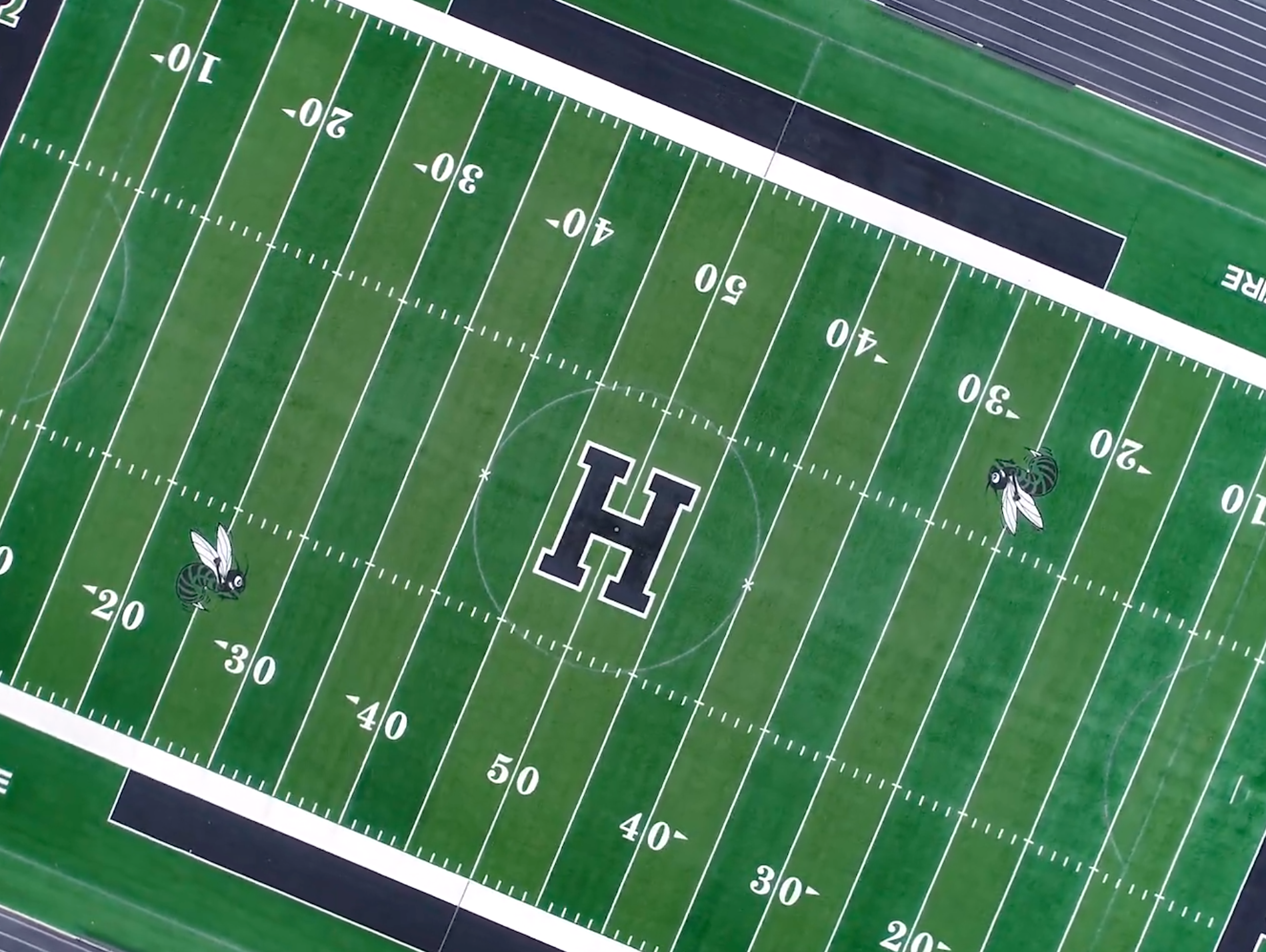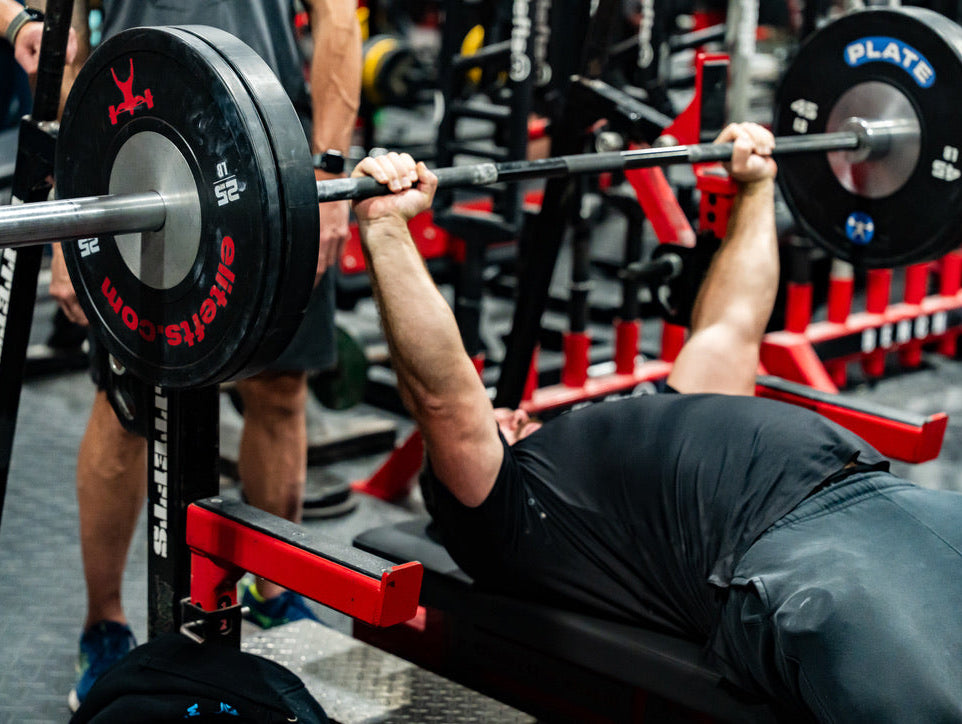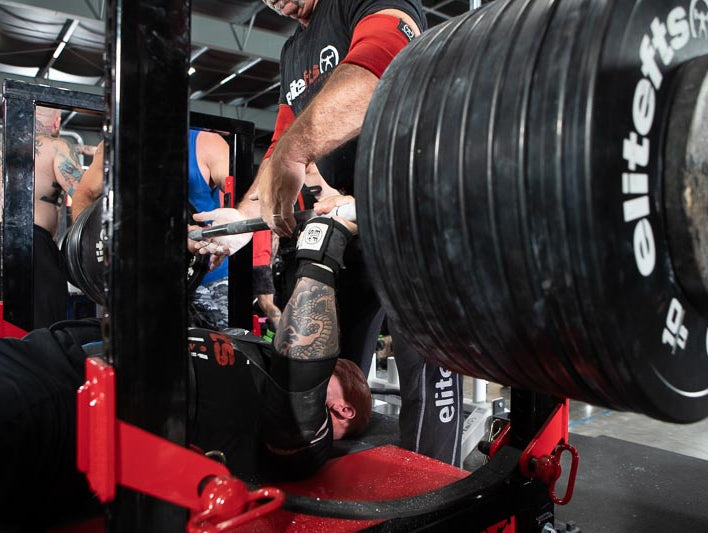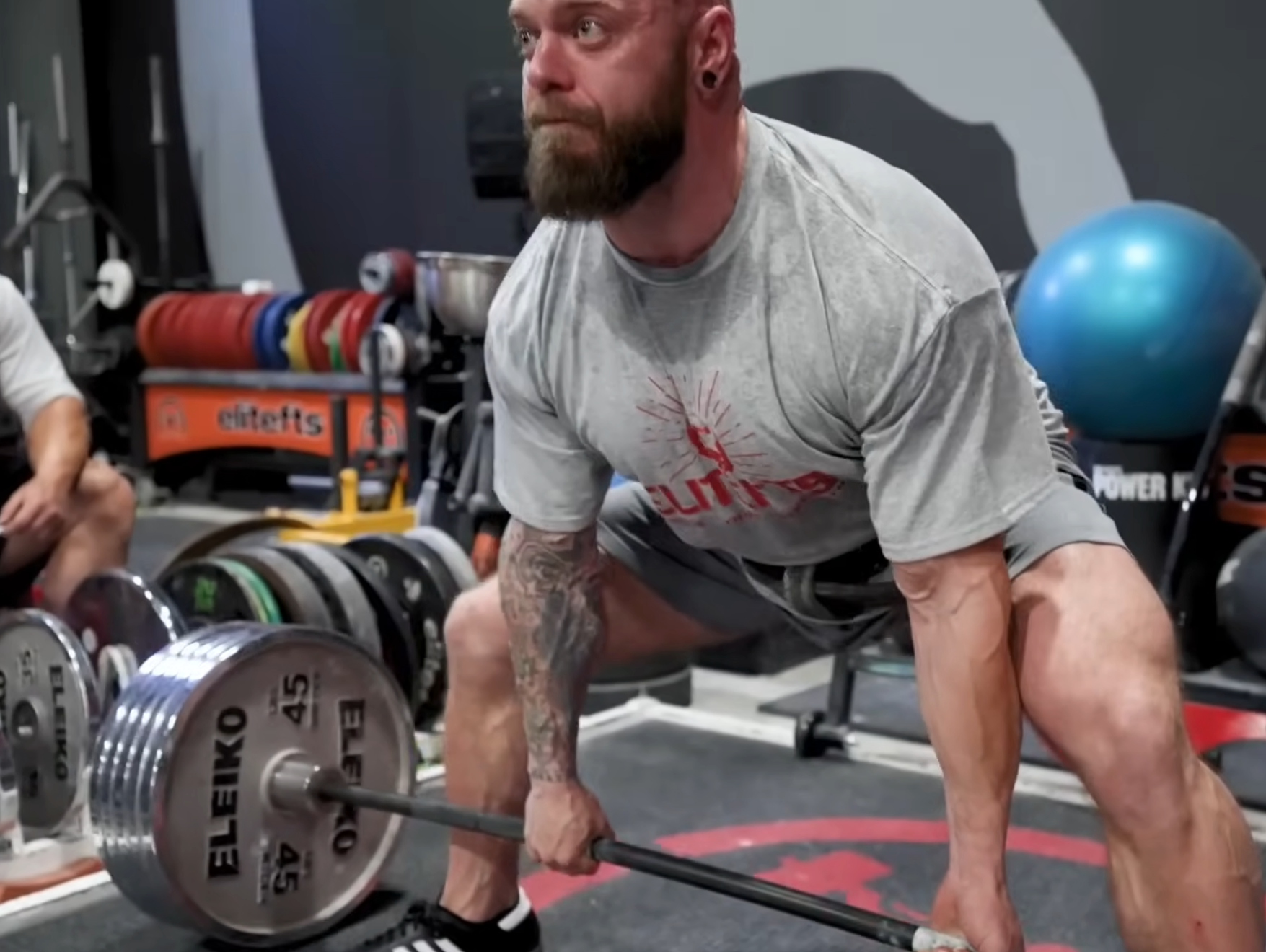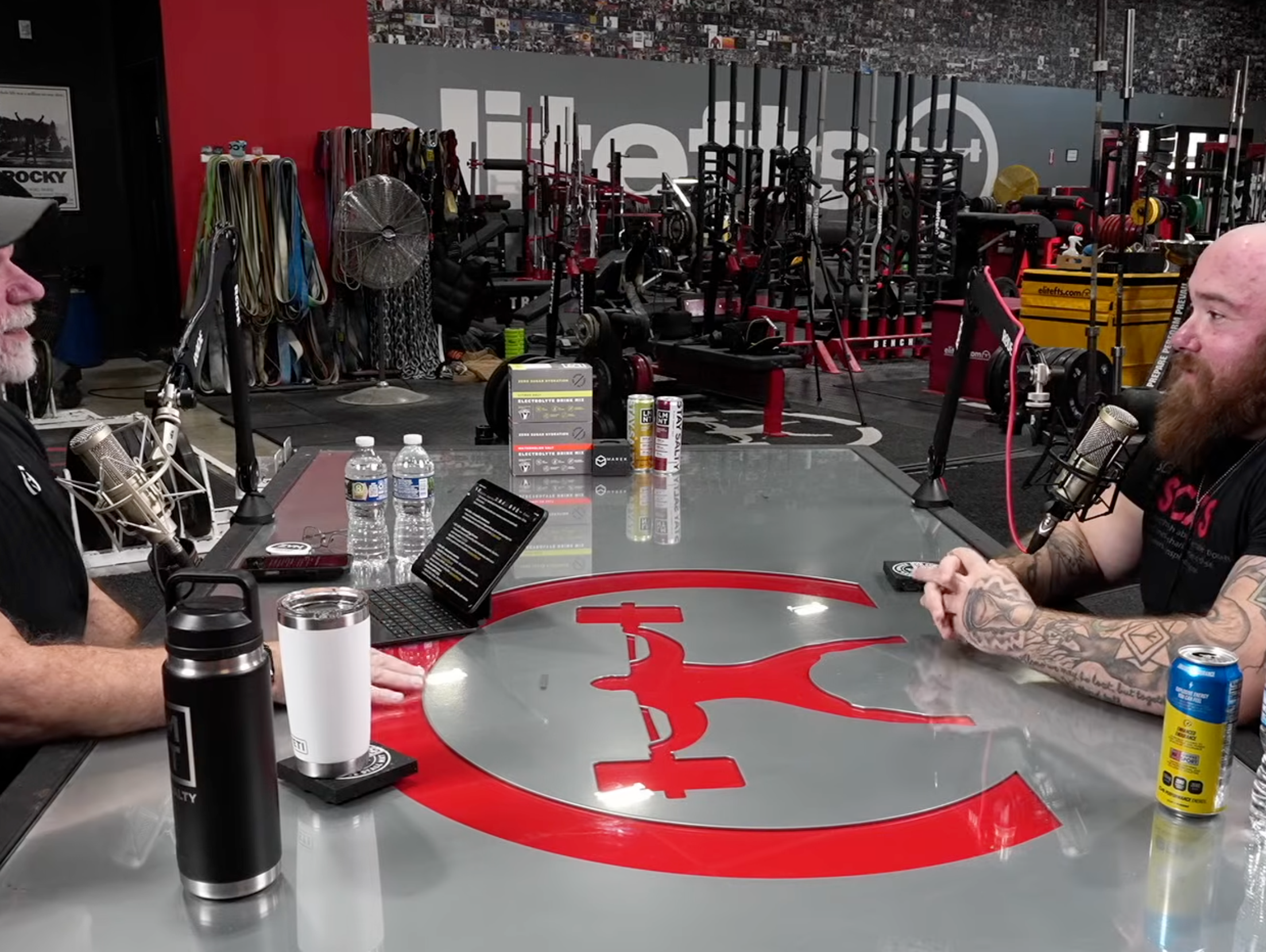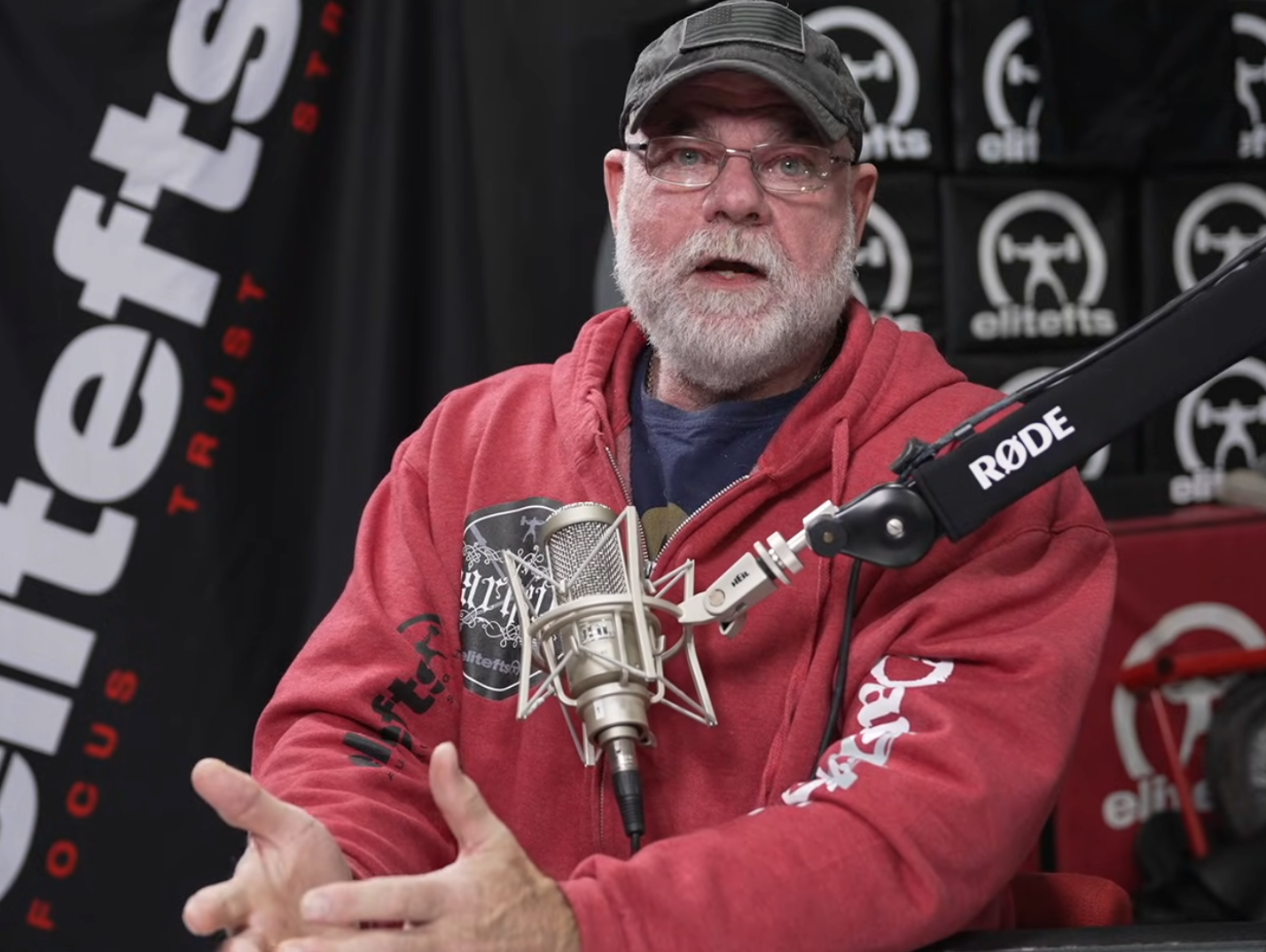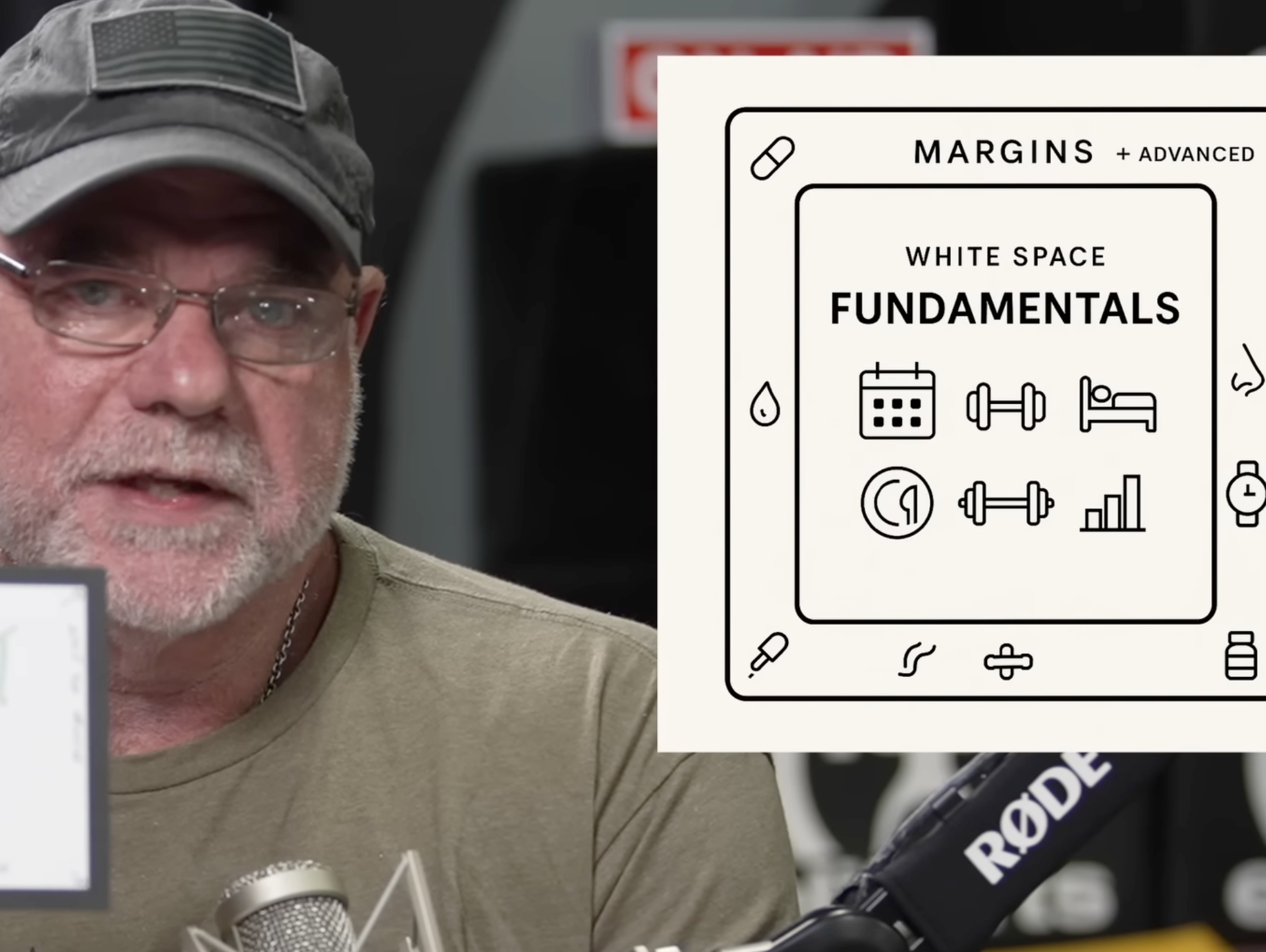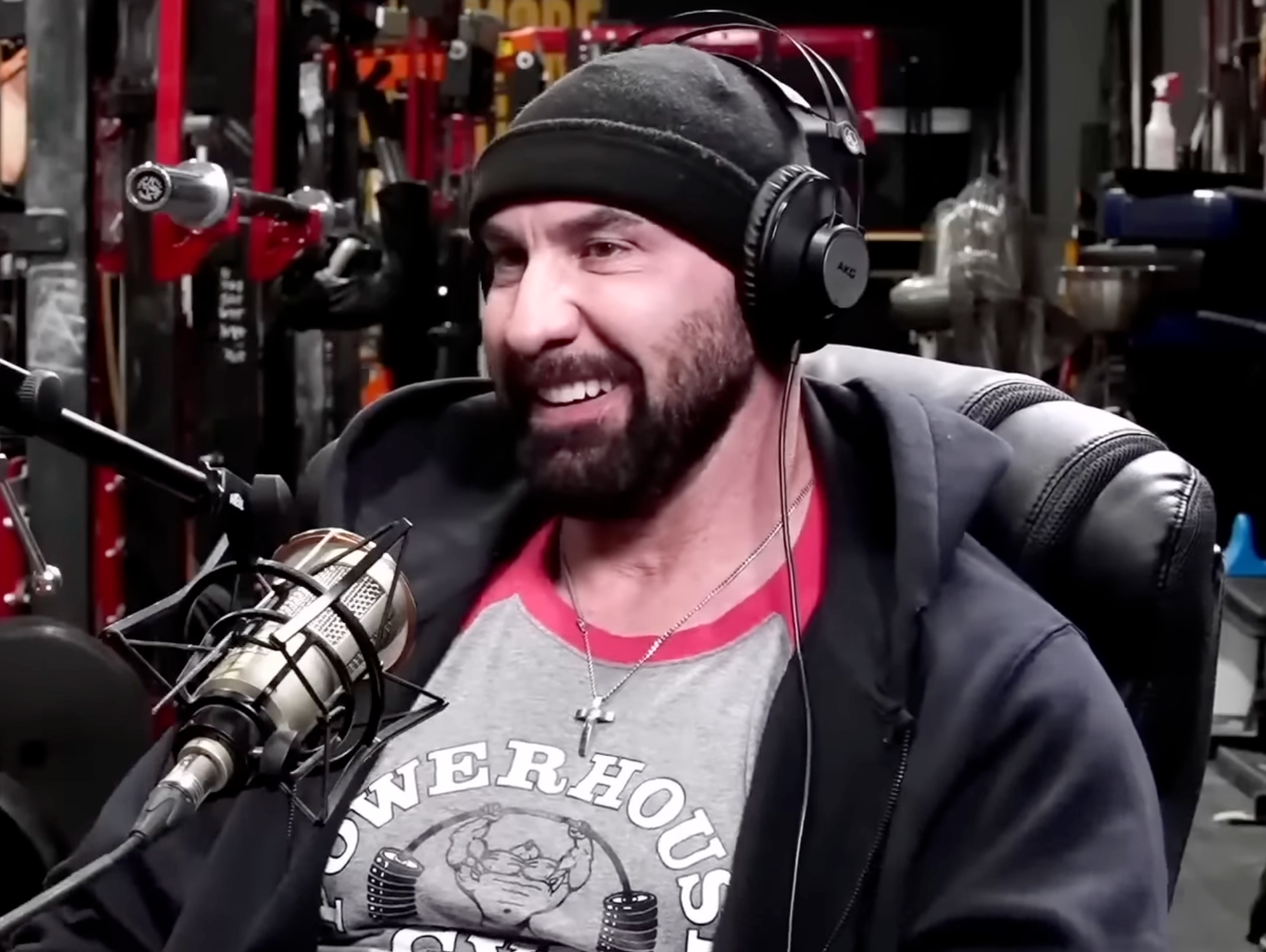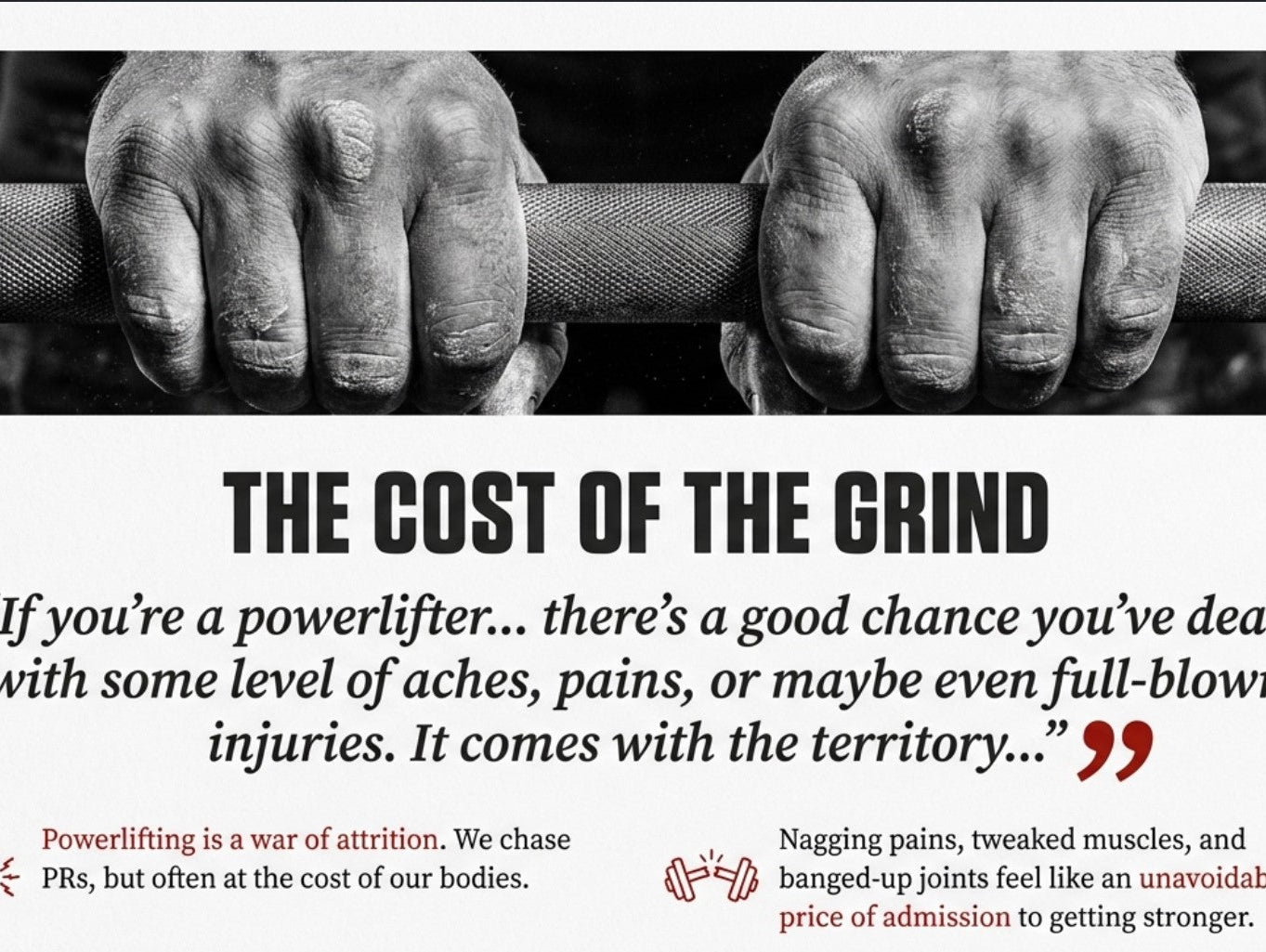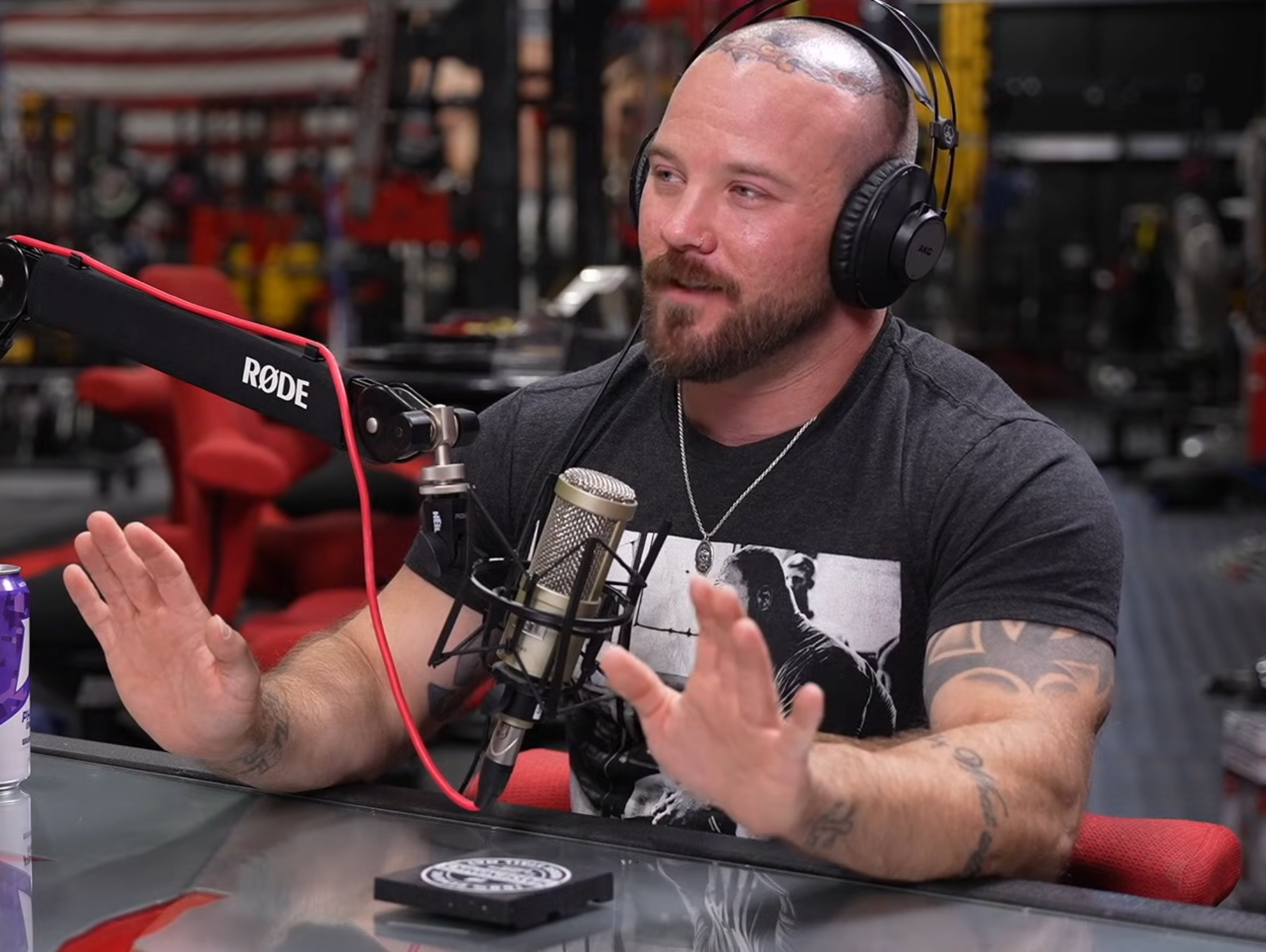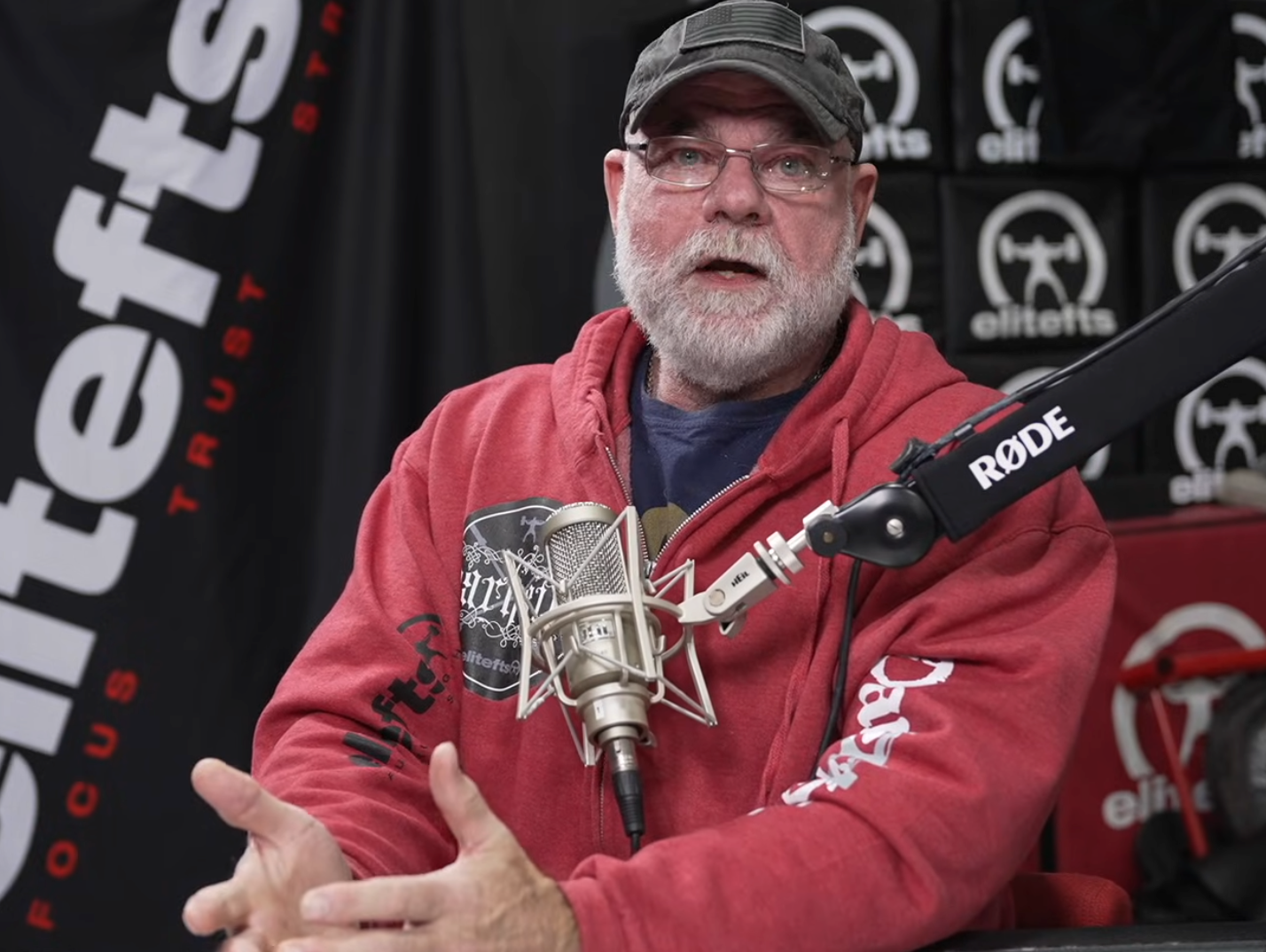training
Repackaged Systems
Every generation of entrepreneurs thinks they’ve discovered something new, a revolutionary marketing system, a game-changing funnel, or the perfect “method” for growth. But when you strip the buzzwords away, the fundamentals haven’t changed: create real value, communicate clearly, and build trust through consistency.
Facility Management Strategy: Optimizing the Highland Hornets Strength Performance Center
"When they believe that they are a part of something, they work hard at it."
Your Blueprint to Bench Press Four Plates
To reach a 405-pound bench press, you must transition from random lifting to a structured program like the "Cast Iron" template that prioritizes specific bench volume and linear progression targets. Simultaneously, master technical efficiency by creating total body tightness and ensuring your elbows flare back toward the rack to keep the joint directly under the load.
January 1980: The Dawn of a New Era and the USPF
The sport of powerlifting changed forever in January 1980. With the official adoption of the USPF name and Joseph "Doc" Rhodes revealing his world-championship peaking program, this issue is a masterclass in old-school strength and political drama.
6 Counter-Intuitive Deadlift Cues From Elite Coaches That Will Change Your Pull Forever
What I care about is that the lower back is frozen in space and that it doesn't move. The best way to do that is to bring the ribs down, provided that they're flared, aiming for a neutral position where the ribs, diaphragm, and pelvic floor are stacked directly over each other.
The Iron Paradox: 5 Surprising Truths About Strength and the Self from Joe Jackson
Joe Jackson argues that modern powerlifting must evolve beyond a niche participant activity by prioritizing compelling storytelling and head-to-head battles that engage a wider audience. He also reflects on the mental demands of the sport, warning lifters that they cannot "out total a bad relationship" with themselves and must separate their self-worth from the numbers on the bar to survive the plateau periods following the initial "honeymoon phase" of strength gains.
The Digital Conversion
The guys who laughed at online training now rely on it to pay their bills. That’s not hypocrisy — it’s evolution. If we return to the pre-Internet era, it’s the same story told through different technology.
5 Brutal Fitness Truths You're Probably Ignoring
Dave Tate argues that while the fitness industry hyper-focuses on the "black margin" of complex nuances like peptides and exact RIR, the vast majority of progress actually comes from the ignored "white space" of common sense fundamentals. He contends that mastering basic compound lifts, training with sufficient effort, and maintaining consistency are far more critical for growth than obsessing over the optimization minutiae often found in online discourse.
The Ultimate Guide to Explosive Training: 5 Hardcore Myths Debunked!
Paul Carter argues that because every set accumulates fatigue, which can hinder performance, lifters must mitigate this fatigue by utilizing more extended rest periods to ensure high-threshold motor units are recruited in subsequent sets. He challenges the traditional belief that fatigue is a stimulus for growth, suggesting that straight sets with adequate rest are mechanically superior to intensity techniques, such as drop sets, for maximizing effective reps.
Unbreakable: Pain-free Powerlifting
If you’re a powerlifter, whether you compete seriously or love chasing PRs in the gym, there’s a good chance you’ve dealt with some level of aches, pains, or maybe even full-blown injuries. It comes with the territory, to some extent.
Finding My Strength: A Powerlifter's Story
Emphasizing that he is just "happy to be here" and views the sport as simply lifting weights, powerlifter David Raymond explains why he maintains a positive mindset and smiles even after failing a world record attempt. The conversation spans his decade-long journey, detailing his coaching relationship with Dan Bell and wild personal stories ranging from rating public bathrooms to meeting Muhammad Ali.
Rethink Everything You Know About Strength: 5 Brutal Lessons From the Iron Game
The deciding factor for success in lifting is confidence, requiring lifters to work on their inner dialogue and reframe negative thoughts, such as the limiting belief of a sticking point that "always" happens.The only consistent variable among top strength athletes across all disciplines is the ability to autoregulate training, a crucial skill that prescriptive programming often inhibits.






